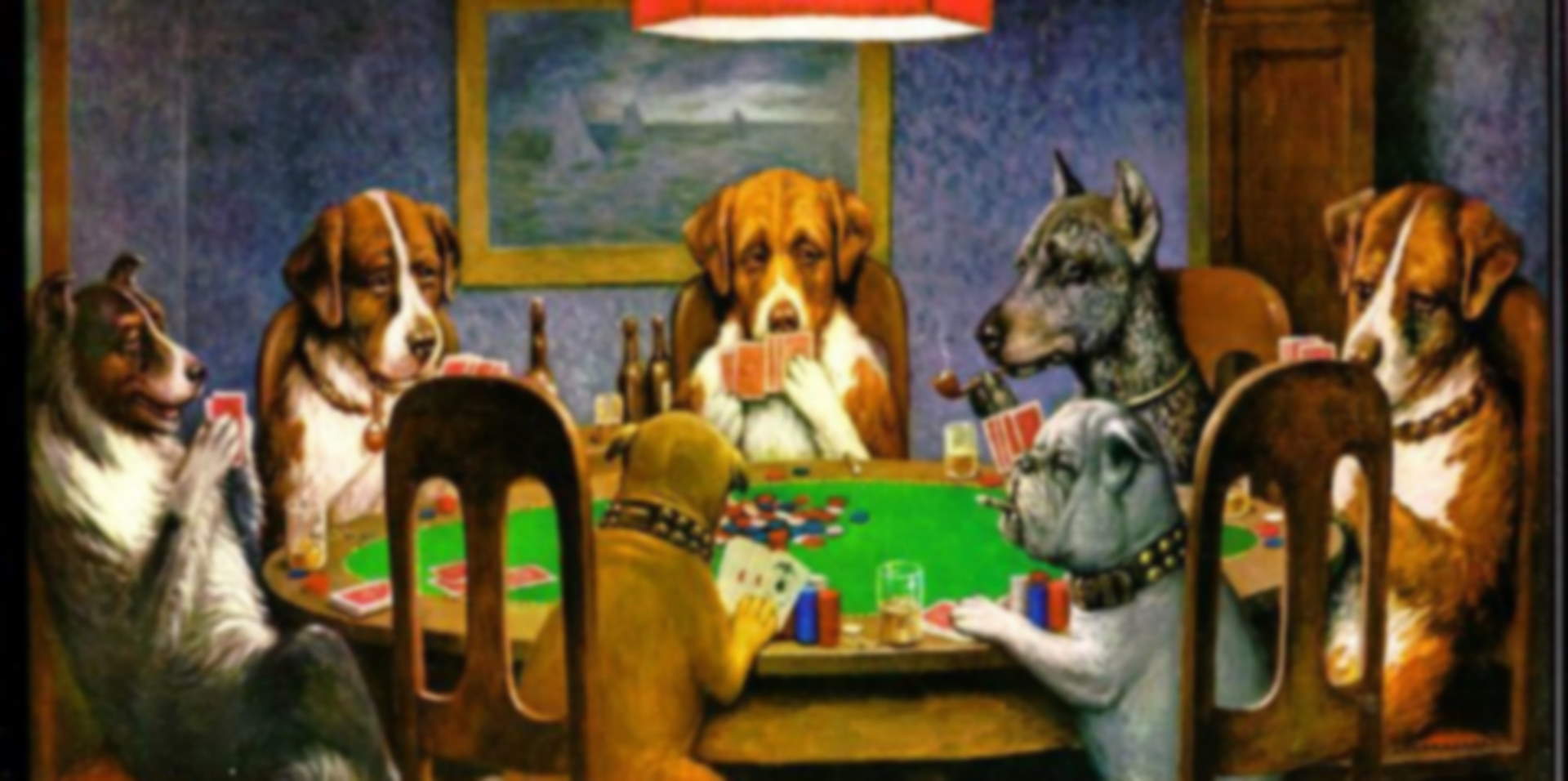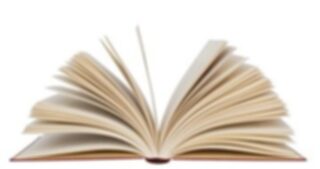

Also, if you have done this well for some period of time, perhaps several months, it by itself does not mean that you are an expert. In fact, I would venture to say that the majority of people who consider themselves expert at some form of poker are not.
Even though this is the case, you may ask why I pick the $30 per hour number. Why not $20? and why not $40? The answer is simple. If you are capable of winning at this rate, the chances are good that you can move up in limit and win at a higher rate. Of course this same statement could be said for someone who wins at $40 per hour, but I don’t believe that it is true of someone who wins at the lessor figure of $20 per hour.
Let me give an example. There are many players who manage to win at about one small bet an hour in either the $15-$30 or $20-$40 games here in Las Vegas. But when most of these people go to a higher limit they win less if they win at all. Yet those players who are capable of winning at $30 per hour (or higher) are most already playing larger, and in many cases could play larger still. Of course, some of them choose not to. They may not want to endure the inevitable fluctuations that the higher limit games would present them, or just realize that the games get tougher (as you move up in limit) and are not interested in having to play in a much more competitive atmosphere.
But the main focus of this essay is what exactly separates the merely good players from the true experts. In my opinion it frequently comes down to one particular attribute. In almost all cases this is the ability to read hands well. As David Sklansky originally stated in his book The Theory of Poker, “Reading hands is both an art and a science.” If you can accurately put an opponent on a hand, especially before he does the same to you, you will be able to sometimes make that expert play which might gain an extra bet or, even on some rare occasion, save you a pot.
Let me tell you about a simple hand I remember playing in a $30-$60 hold ’em game at The Taj Mahal Poker Room in Atlantic City several years ago. I raised from an early position with an ace-queen and was called by only one player in late position who in my opinion was trying to play well but was very inexperienced. The flop came ace high with the other two cards both smaller than a ten. I bet and he raised. Well, as soon as he raised, I knew that the best he could have was the same hand as mine, but that ace-jack or ace-ten were also likely.
Diverging for a moment you may wonder how I knew with such accuracy what his hand was. First, if he had better than ace-queen he would have reraised before the flop. Second, he would not be playing a hand like ace-nine suited (or unsuited) or a pair smaller than tens against my early position raise. Third, since he appeared inexperienced I strongly suspected that he would overvalue a hand like AJ and call my preflop raise. Furthermore, his flop raise confirmed that this was exactly where he was at since he would probably wait to fourth street (where the size of the bet doubles) to raise with a better hand than mine.
Notice that to read his hand accurately I had to take into account our positions, the action both before the flop and on the flop, my opinion of my opponent’s playing skill (and his opinion of mine), and how I think he will proceed in the play of the hand with certain holdings. As stated and as you should be able to see, this is both an art and a science.
Given this knowledge, it was obvious what my strategy should be. I would call his raise, and as long as a jack or ten did not fall on the turn, go for a check raise.
The reason I remember this hand so vividly is that at the showdown when my ace-queen beat his ace-jack my opponent showed his hand to the whole table and complained how unlucky he was. What he didn’t realize is that he wasn’t as unlucky as he thought. It was that he had essentially turned his hand over and told me exactly what he had. Thus he made it easy to win the maximum if my hand was best, but to lose the minimum if my holding was second best.
Now to close this essay it needs to be pointed out that reading hands isn’t always this easy or this accurate. But the closer you get to scenarios like the one above, the closer to expert play you will be, and your success will be increased at the poker tables. Of course to achieve a high level of skill in the reading hands area takes time. That’s why we say there is no substitute for experience when trying to play poker well, and this is also another reason why you should start small when beginning and work your way up. But in time, if you have the ability and work hard on your game, you too can get above that $30 per hour win rate and achieve expert status.
Mason Malmuth
Dieser Artikel erschien auf PokerOlymp am 05.06.2007.

